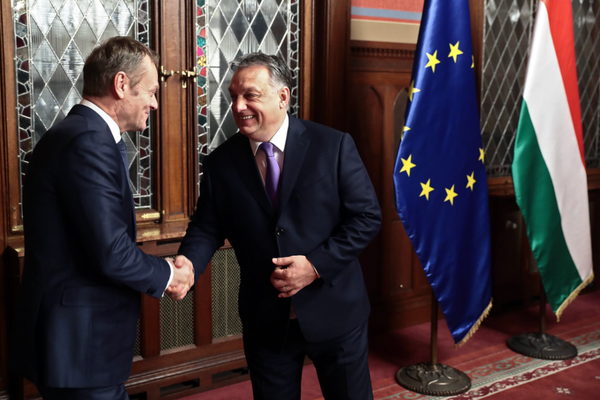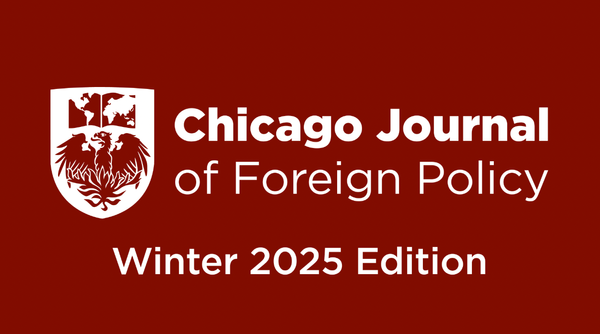Democracy, really?

AHMAD MUSTAFA — Democracy does not necessarily lead to constitutional liberalism, but constitutional liberalism many a time has led to some degree of democracy.

Republished with permission from the Daily Times.
July last year, Prime Minister Gilani echoed the oft-heard dictum upheld in many political quarters (especially among the Pakistan People’s Party) that democracy is the answer to all of Pakistan’s problems. Now used by the PPP as one of the strongest tools for its administration’s survival, the slogan has appeared in various forms and been reiterated by many. Four years down the road and well into the final year before the next general elections take place, we must question ourselves — is democracy really the answer? Corruption is rampant, fundamentalism is attractive, rights abuses are taken for granted, liberty is a lost dream, poverty is well embedded in society, a ‘ginormous’ chunk of our population is illiterate and the ultimate problem afflicting every citizen (perhaps not the ruling elite) — the economy being in the doldrums. Ask yourselves, is democracy indeed the solution to all of our predicaments?
On the contrary, ostensibly it seems that democracy has failed in Pakistan. Of course, many would pin the blame on the army and ill-fated dictators who dot the 65-year history of the nation. However, those who resort to such accusations sometimes fail to mention that it was during General Ayub’s time when the economy really took off and under Musharraf’s when an independent media came into existence. Only recently, Prime Minister Gilani declared that democracy is necessary for women’s empowerment. Indeed, we have had a female prime minister before many western countries, we have reserved seats for a few women, and we have a female Information Minister. But should that be the ultimate criterion? Does female power at the top translate into female empowerment at the bottom? What significance does the conducting of elections every five years have then? What is in it for you and I? After all, do our rulers not want us to be convinced that we are in a proper democratic system? Is democracy as a system not complete once free and fair elections take place? Apparently, that is the only standard for becoming a democracy within the Islamic Republic. And that, unfortunately, leads to our leaders turning away from the troubles that plague the masses once they come into power. I do not blame them, for this government was elected on this mandate, the only slogan that it upheld dearly and continuously. Anything was better than a dictatorship, they argued. Perhaps not, as we have come to see.
What could be the alternative then? Autocracy? Theocracy? Anarchy or totalitarianism? No, no, no and a huge no. It cannot be emphasised enough that I am not against Pakistan being a republic; in fact, I am a strong proponent and I am in no way advocating a return to khaki rule. What Pakistan badly needs is a healthy dose of liberalism — not just liberalism, but constitutional liberalism. Few would agree with me, some would be indifferent, and most would flip out. Liberalism? Astaghfirullah (God forbid). Western ideal, American propaganda, and absolutely un-Islamic! Good enough grounds to strike it down. However, I am not referring to western/American culture being ingrained into Pakistan through legal means. That for one is not possible given the extreme mullah climate and two, it is plainly absurd. To use Fareed Zakaria’s words, “Constitutional liberalism…is not about the procedures for selecting government, but rather government’s goals. It refers to the tradition…that seeks to protect an individual’s autonomy and dignity against coercion, whatever the source — state, church or society.” Pakistan is in dire need of a proper framework of laws and rights and that implies amending and adding to the constitution. Besides building a structure of laws, they must be upheld dutifully by all and sundry — the government, the judiciary, the military, and each citizen. For this reason, an impartial judiciary becomes absolutely essential. For this reason, I was enthusiastic about the lawyers’ movement for restoring the superior judges (despite their record), but it seems that perhaps it is not so free after all and that he-who-must-not-be-named is still pulling the strings. Liberalism ensures that constitutions assume that all citizens have certain rights that are not up for compromise while also ensuring that power in all circles, especially the executive, does not go unchecked, for liberalism is about containing power. Democracy, on the other hand, is about gaining it. This can pose certain dangers, namely the abuse of power and the tyranny of the majority.
Democracy may be viewed as the perfect system accepted by all in consciousness, as Francis Fukuyama would have you believe, but it does have its flaws. Principally, democracy is not for, by, and to the people; rather it is for, by and to the majority of the people. Hence, the government derives its mandate from those who vote it into power rather than those who do not, and intends to protect its electoral constituency. This is not only fatally flawed but also incredibly dangerous as it inevitably leads to the tyranny of the majority, which is clearly visible in Pakistan. Gojra, the assassinations of Salmaan Taseer and Shahbaz Bhatti, and the repeated persecution of the Ahmedis, Sikhs, and other minorities is more or less linked to democracy since our government has not done much regarding these issues. Why? Because many people seem to support the fundamentalists and the government is forced to retreat to keep its vote bank. It was a dictator who prevented the Ahmedis from freely practicing their faith but it was a democratic leader who constitutionally declared them non-Muslims in the first place. Democracy, therefore, can be troublesome and liberalism ensures that certain checks and measures are placed to ensure that the minorities are not oppressed, the rights of all people are equally protected, and the government does not become extraordinarily powerful.
It all boils down to what can be done to ensure constitutional liberalism flourishes. If we go with Prime Minister Gilani and President Zardari, democracy will automatically take care of our problems. Unfortunately not. Democracy does not necessarily lead to constitutional liberalism, but constitutional liberalism many a time has led to some degree of democracy. An independent media, General (retd) Musharraf’s brainchild, was perhaps the most pivotal tool in bringing him down and paving the way for increased freedom of expression and representation of the people. In academic circles, democracy and constitutional liberalism have come to be recognised as one since they are both prevalent in western countries simultaneously. Hence the American emphasis on human rights, the rule of law, and building of institutions, besides elections. Pakistan needs this kind of democracy — and this should be our criterion for achieving a democratic republic rather than simply holding elections. Our leaders must stop lecturing us on what democracy can, has and will do for Pakistan and instead focus on what they have done and can do to promote liberal democratic ideals.





